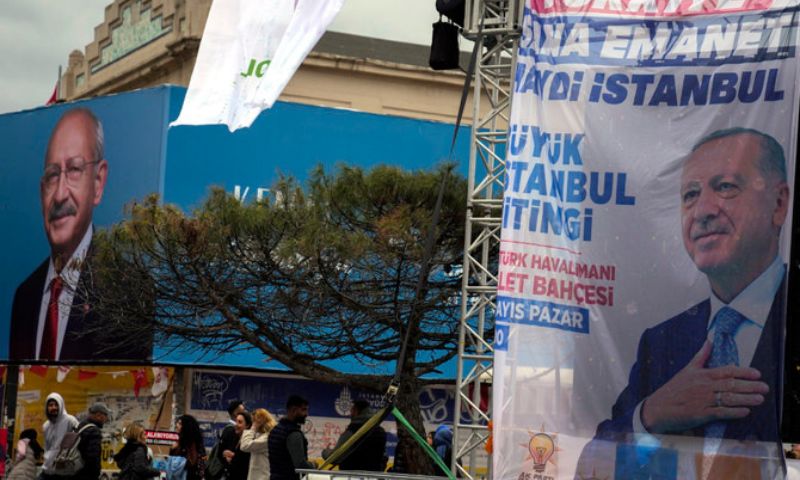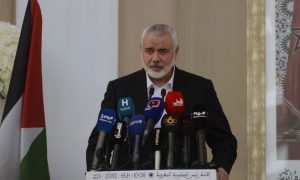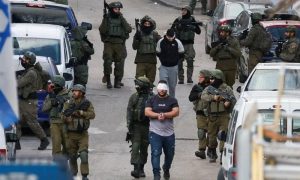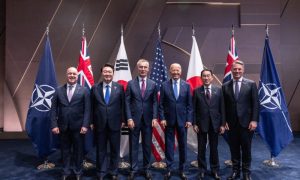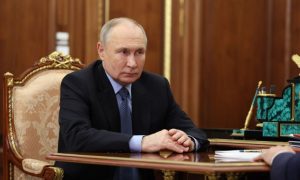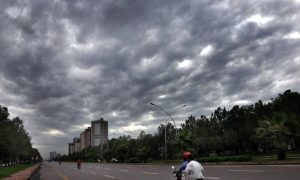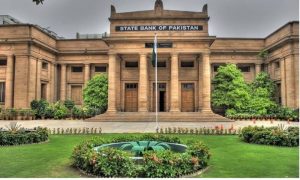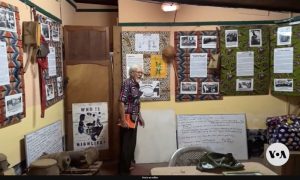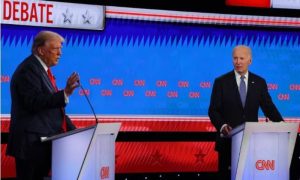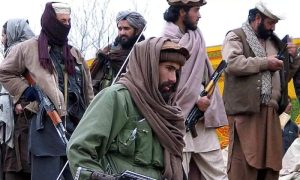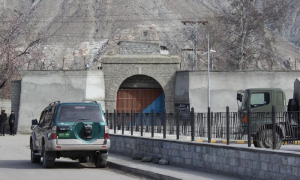ISTANBUL: The 14-second video was shown by Turkish President Recep Tayyip Erdogan as evidence that his opponent in the next election was working “hand in hand” with banned Kurdish rebels.
The opposition leader Kemal Kilicdaroglu attempted to mobilize his supporters in the video, which aired at a sizable demonstration and broadcast live on TV. Following that, members of the PKK, which is outlawed in Turkey, repeated the appeal while clapping their hands to the tune of Kilicdaroglu’s campaign jingle.
Erdogan was making it clear that the secular opposition leader had joined forces with “terrorists” in his speech. Only it was a montage, one of the most recent examples of false information tainting an election campaign, making it one of the closest and most significant in current generations in Turkey. Kilicdaroglu, whose campaign has received support from Turkey’s leading pro-Kurdish party, railed against the president on Tuesday, asking how he could fall to such a low level.
Kilicdaroglu, who is running neck and neck with Erdogan, asserts that “foreign hackers” hired by Erdogan’s camp are putting together deepfakes, or manipulated films and soundbites, to discredit opponents’ days before the election. On Thursday, he later wrote, “Dear Russian friends,” on Twitter. He claimed that “you are behind the montages, conspiracies, deepfake content, and tapes that were exposed in this country,” but he didn’t say why he was attributing the accusations to Russia. Get your hands off the Turkish state if you want our relationship after May 15.
‘Army of trolls’
In response, Erdogan claimed that his opponent employed “an army of trolls”. “You are spreading false information and lies. ” Erdogan told the opposition leader on TV, “You are coming up with schemes that even the devil would not have thought of. After the Turkish parliament passed a bill making the dissemination of “fake news” criminal by up to three years in prison, social media in Turkey turned into a political battleground.
Weeks later, Kilicdaroglu became one of the first people to face legal action for his claims that Erdogan’s Islamic-inspired administration was to blame for Turkey’s “methamphetamine epidemic.” The Council of Europe’s commissioner for human rights, Dunja Mijatovic, issued a warning in May, stating that the “extensive use” of the law “chilled journalists and critical voices.” According to Suncem Kocer, a misinformation expert at Istanbul’s Koc University, such accusations, and counter-accusations had never been so prevalent in previous Turkish elections.
Everyone is defining disinformation; according to Kocer, “It has turned into a tool for criminalizing the rival candidate or group. This is a new development.”
Kilicdaroglu had criticized fraud committed by individuals who abused Turkey’s social security agency, which he then commanded in the original article, which Teyit journalists promptly discovered. “These videos can significantly impact people with little media training and using digital tools,” said Cavus. Some forms of misinformation rely on more established techniques, like phony campaign materials.
One of Kilicdaroglu’s team’s leaflets calls for the removal of Turkish troops from Syria and the halt of all military operations against the PKK. All of this misinformation, according to Kocer, is unlikely to influence the outcome of Sunday’s election, when a strong turnout of Turkey’s 64 million voters is anticipated. According to Kocer, the actual threat is a more polarized atmosphere caused by disinformation that is a real threat.









